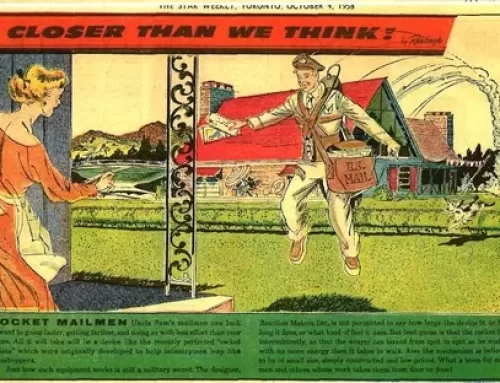
While futurists never say we predict, thinking about possibilities has always been a characteristic shared by them. When thinking up scenarios and possible events, a keen observance to many is that people to go to are the engineers, scientists, and thought provokers of today. While John Elfreth Watkins may have predicted many things, The BBC felt they should ask more than one person as they asked their audience what 2111 may look like.
BBC News Lists Their Top Twenty Predictions For The Next Hundred Years
Contagion may have raised some decent box office numbers this past summer, but one has to wonder if it made a public impact on the thoughts of a global pandemic. A discontinuous event that can shape decades or even centuries, understanding the beginnings of disease strains will help humanity contain problematic outbreaks that may take over regions or the world.
Strain Of Tuberculosis Completely Resistant To Drugs
Computers continue to get smaller. That reminds me of a quote from Ray Kurzweil as he held up his smartphone to an audience. “This computer, which is now already a billion times more powerful per dollar than what I used as a student, will be a billion times more powerful in 25 years and 100,000 times smaller,” he said to Radio Boston’s Anthony Brooks. Kurzweil imagines computers everywhere, and now, they can be as small as atoms. Good luck finding your IT guy then.
World’s Smallest Data Storage Unit Could Usher In Untold Amounts Of Data Storage
Broken electrical devices clutter our bookshelves and eventually our land fills, but imagine if you could just quick fix your devices or add life to your batteries or antennas. Just hit print and you could add another solar array to your charging stations. As long as you don’t waste too much paper, printing could get way more fun
Just Created SciFi Silver Ink Allows For Anyone To Print Out High-End Electronics

